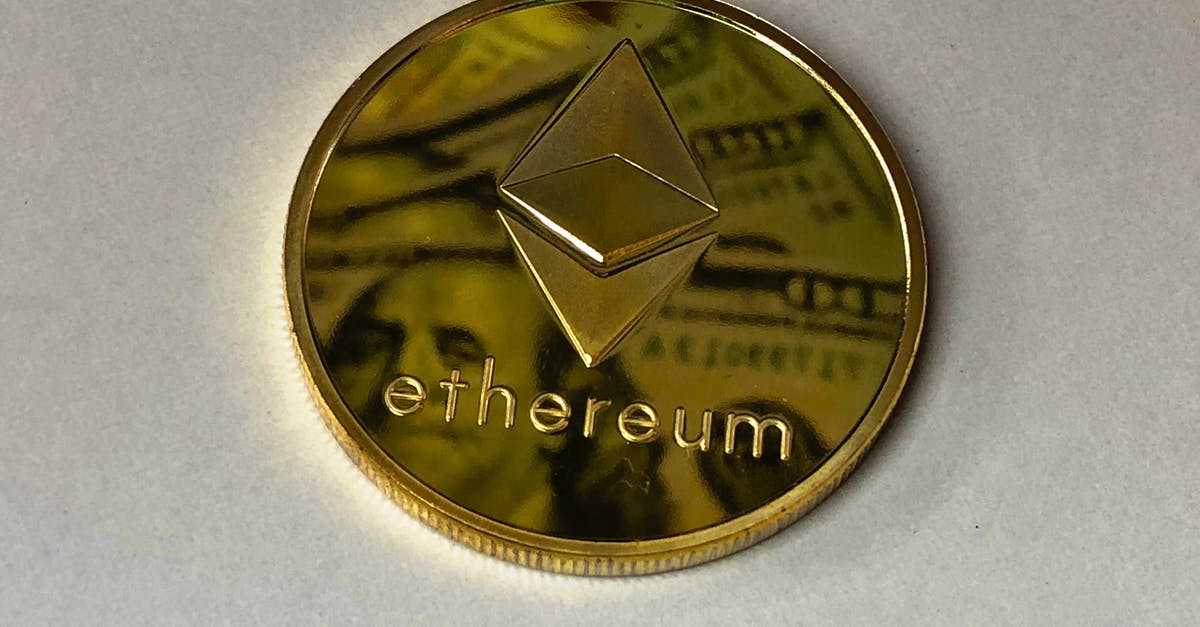Is there an ideal time to use marketing?

On Game Dev Tycoon when you're making a game and are going to start using marketing to generate hype is there an ideal time (like close to G3 or during the final phase) to do it, or will it have the same effect regardless?
Best Answer
According to the wikia success guide:
When you self-publish medium and large games, market like this: 500K Campaign at the beginning of Stage 2, then 50K Campaign every now and then (find out for yourself the interval, if you do it to soon you will see no effect, if you do it correctly you will see immediate increase in hype by several dozen). If you want more hype you can do another 500K Campaign at the beginning of Stage 3, but I don't think it's worth it.
I personally found that a large campaign at the beginning of development usually suffices and additional campaigns during development add little value.
Pictures about "Is there an ideal time to use marketing?"



How much time should you spend marketing?
To grow a practice at an average pace of 6 to 7 percent a year, the answer is usually two to three marketing activities a week. And to drive an above average rate of more than 10 percent growth usually requires four to five marketing activities per week.Why is marketing timing important?
Targeting specific times of the year allows businesses and marketers to appeal to an audience at a time when they are paying the most attention, increasing engagement, leads and sales.What is the 7 times 7 rule in marketing?
The marketing rule of 7's states that a potential customer must see a message at least 7 times before they'll be provoked to take an action.When should I start marketing?
In the Lean Startup methodology, you should start marketing your product when you have a minimum viable product (MVP). However, this doesn't mean you pull out all the stops and invest in scaling. In fact, it's quite the opposite. A successful startup first needs a great product.Using Contextual Marketing to Reach Customers at the Right Time
Sources: Stack Exchange - This article follows the attribution requirements of Stack Exchange and is licensed under CC BY-SA 3.0.
Images: Andrea Piacquadio, David McBee, Andrea Piacquadio, abdullah .
